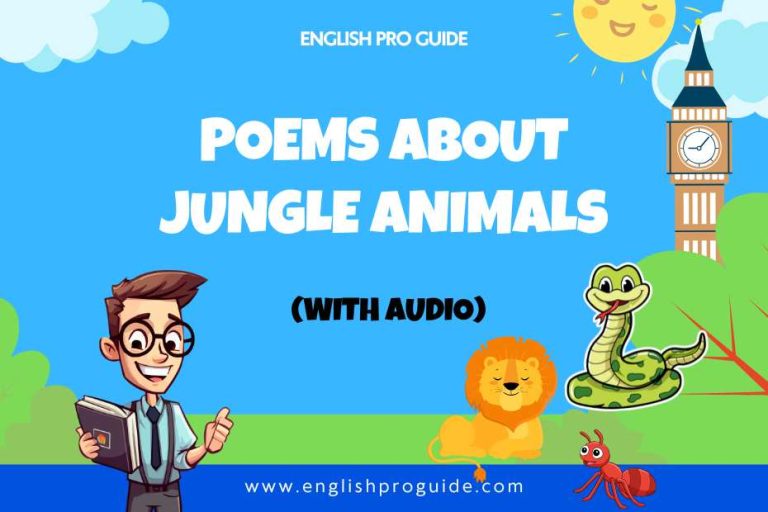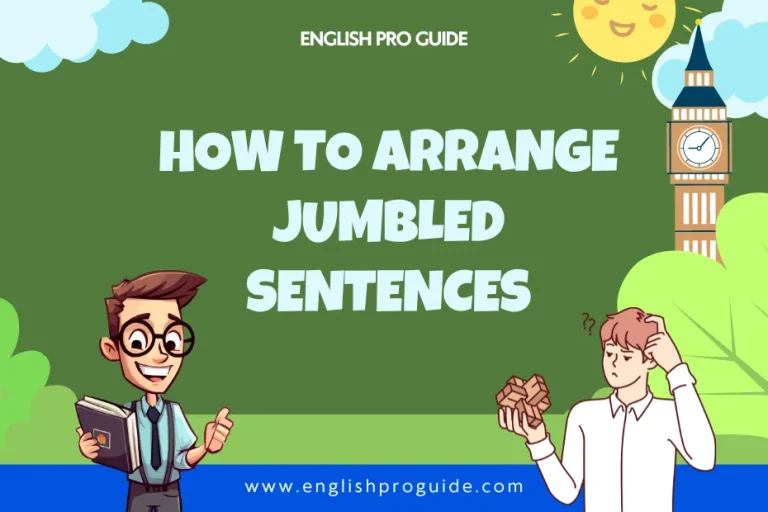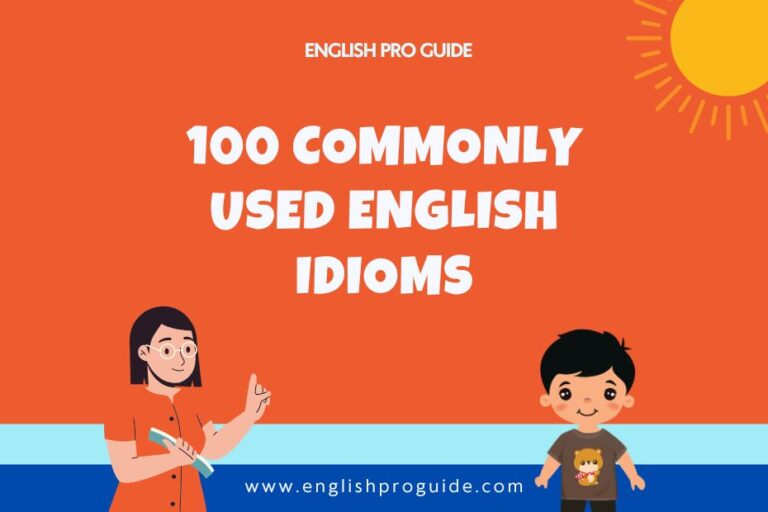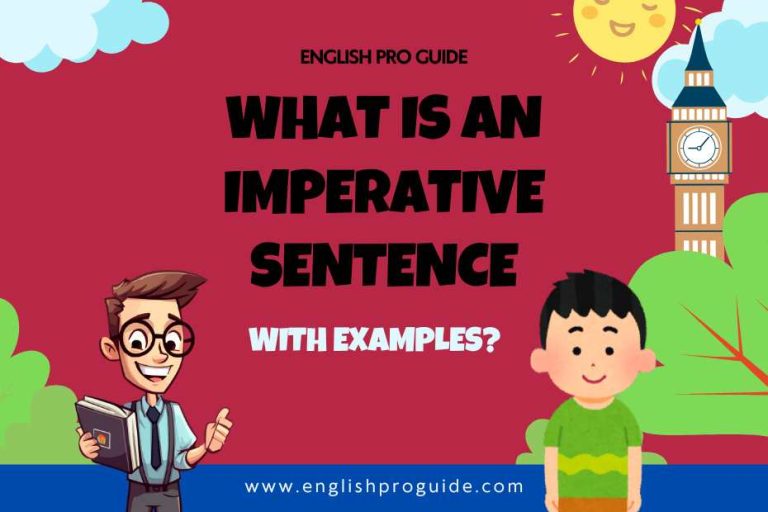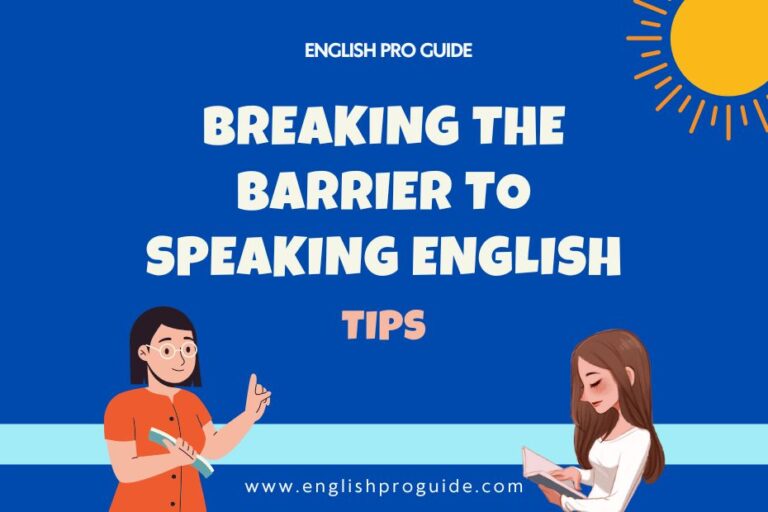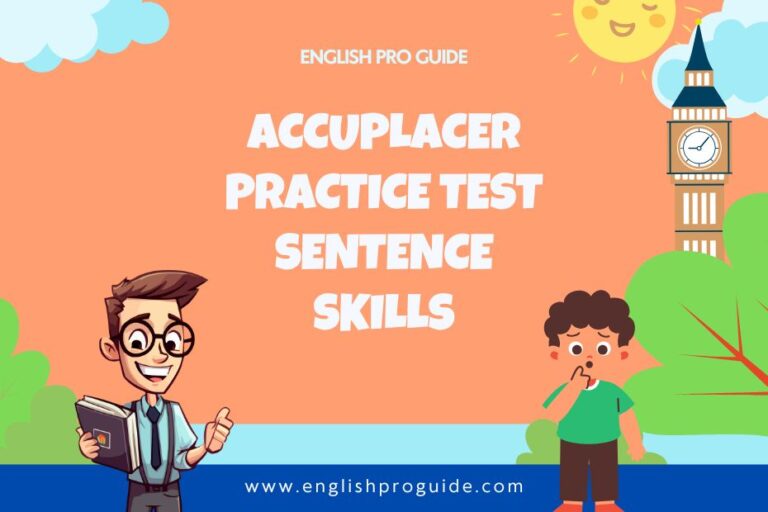What Is an Oxymoron and How Do You Identify It?
The comedian’s jokes were painfully funny. This sentence contains an oxymoron. The word “painfully” suggests discomfort, while “funny” brings enjoyment.
Have you ever come across a phrase that sounds like it contradicts itself but somehow still makes sense? That’s the fascinating power of an oxymoron!
This literary device adds depth and creativity to language, making it an exciting concept to explore. But what exactly is an oxymoron, and how can you spot it? Let’s break it down and put your skills to the test with a fun quiz!
What Is an Oxymoron?
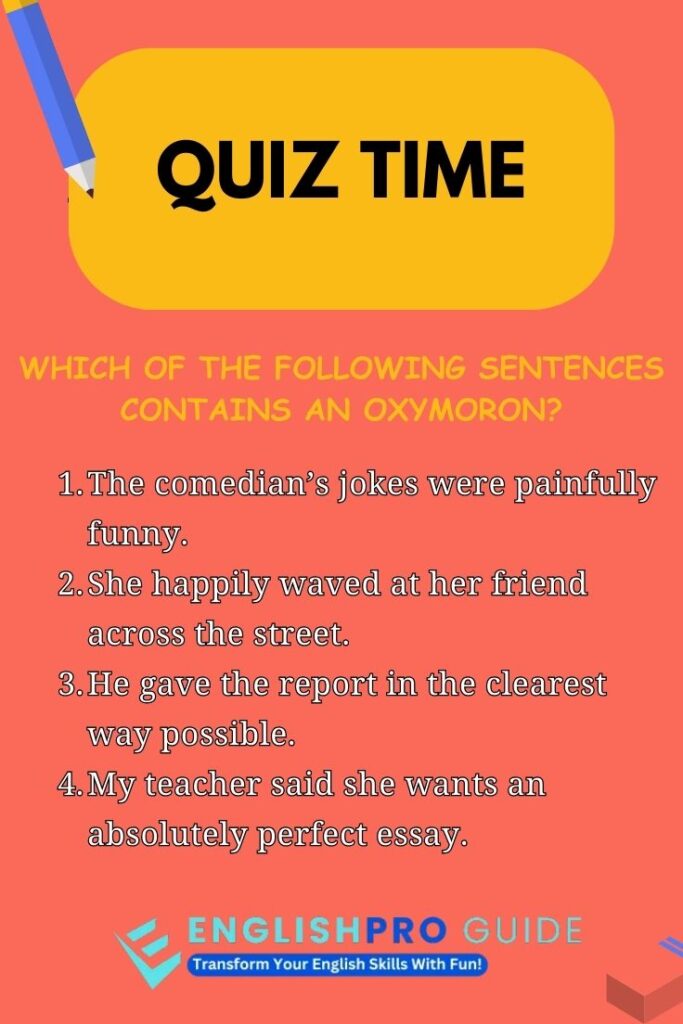
An oxymoron is a figure of speech where two words with opposite or conflicting meanings are combined to create a unique expression.
While it might seem odd to put two contradictory ideas together, oxymorons can add humor, drama, or intrigue to writing or speech. They often make readers pause and think, which is why writers love to use them.
For example Sentences Contains an Oxymoron
- Jumbo shrimp – How can something be both “jumbo” (large) and a “shrimp” (small)?
- Bittersweet – A feeling that’s both happy and sad at the same time.
- Act naturally – Sounds strange, right? How do you “act” while being “natural”?
The combination of opposing ideas in an oxymoron creates a striking image or feeling, which makes it a powerful tool for communication.
Common Examples of Oxymorons
Oxymorons can be found everywhere—from literature and movies to daily conversations. Here are a few examples that you might recognize:
- Deafening silence – Silence so intense that it almost feels loud.
- Pretty ugly – Something or someone is both attractive and unattractive at the same time.
- Clearly confused – Being openly and obviously unsure.
- Virtual reality – A reality that exists, but only in a digital space.
- Original copy – A copy that’s also considered the first version.
Did you notice how these phrases pair opposites to create phrases that make perfect (yet unexpected) sense?
Read More: Can You Start a Sentence with the Letter A? With Worksheet
Spot the Oxymoron!
Now that you know what an oxymoron is, it’s time to test your skills. Below, we’ve listed some sentences. Your task is to identify which ones contain oxymorons. Think carefully!
Quiz Time
Which of the following sentences contains an oxymoron?
- The comedian’s jokes were painfully funny.
- She happily waved at her friend across the street.
- He gave the report in the clearest way possible.
- My teacher said she wants an absolutely perfect essay.
Take your time to analyze each sentence. Are there any phrases with contrasting or opposing ideas? Scroll down when you’re ready for the answers.
Quiz Answers
Here are the correct answers and explanations:
- The comedian’s jokes were painfully funny.
- Answer: This sentence contains an oxymoron. The word “painfully” suggests discomfort, while “funny” brings laughter and enjoyment. Together, they create a striking and humorous image.
- She happily waved at her friend across the street.
- Answer: This sentence does not contain an oxymoron. There’s no contradiction between “happily” and “waved.”
- He gave the report in the clearest way possible.
- Answer: No oxymoron here. The sentence simply emphasizes clarity without opposing ideas.
- My teacher said she wants an absolutely perfect essay.
- Answer: No oxymoron is present. While “absolutely perfect” is a strong expression, the words do not directly contradict each other.
Did you get it right? If you spotted the oxymoron in the first sentence, great job!
Read More: Examples of “We Have” Sentences and How to Use Them
Why Learn About Oxymorons?
Understanding oxymorons helps you appreciate the richness and creativity of the English language. They’re not just fun to learn about—they can also make your writing more engaging. For example, describing something as “seriously funny” adds flair and grabs the reader’s attention.
Next time you come across a phrase that seems to contradict itself, take a closer look—you might have just found an oxymoron!
Practice Makes Perfect
If you enjoyed this quiz, check out more fun language exercises on EnglishProGuide.com. From quizzes and grammar tips to writing guides, we’ve got everything you need to grow your English skills.
Have an example of an oxymoron you’d like to share? Drop it in the comments below—we’d love to hear from you!

